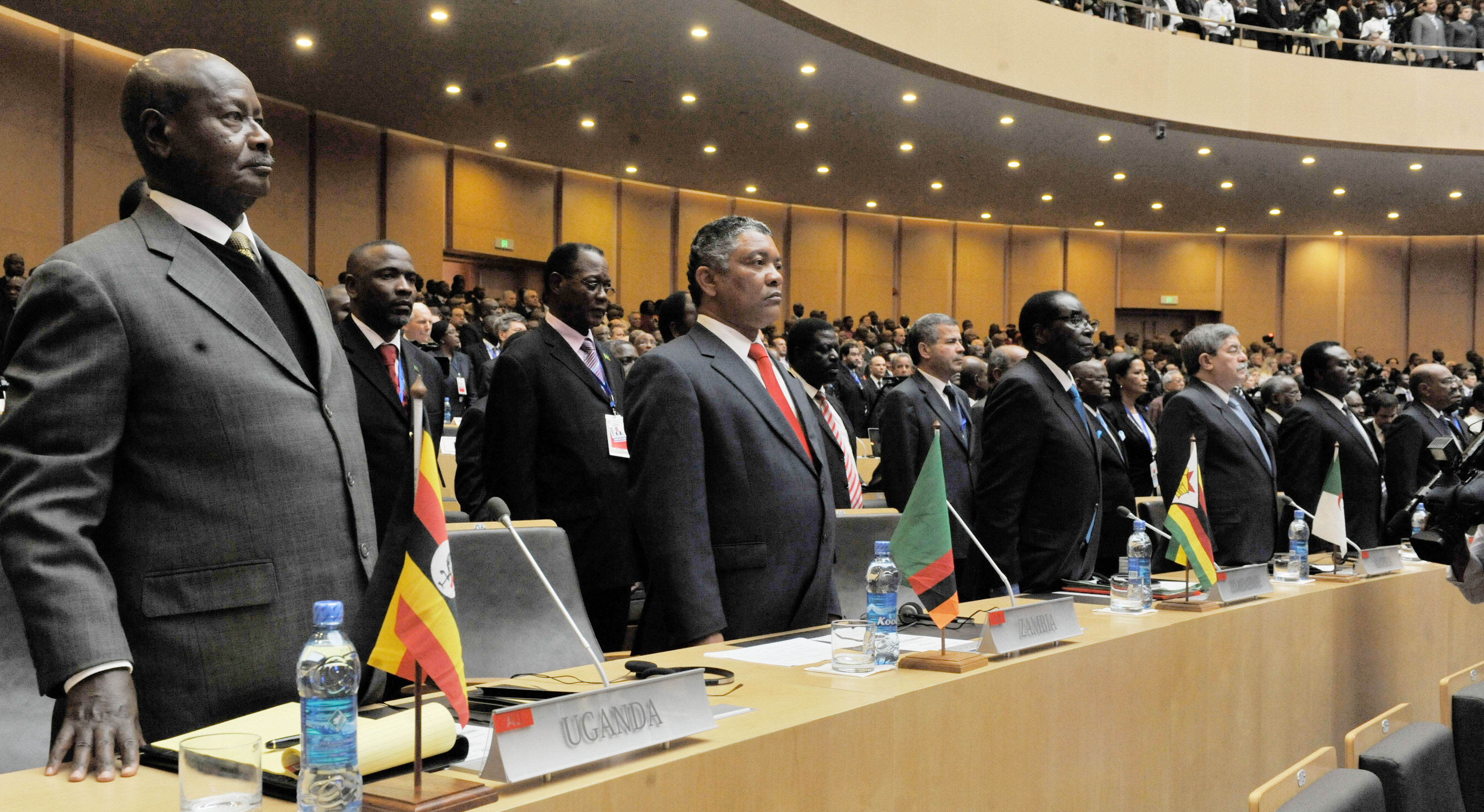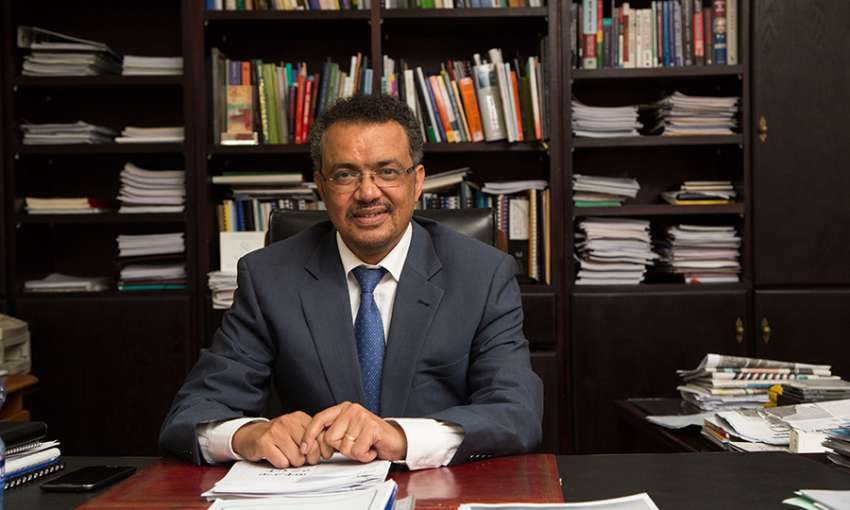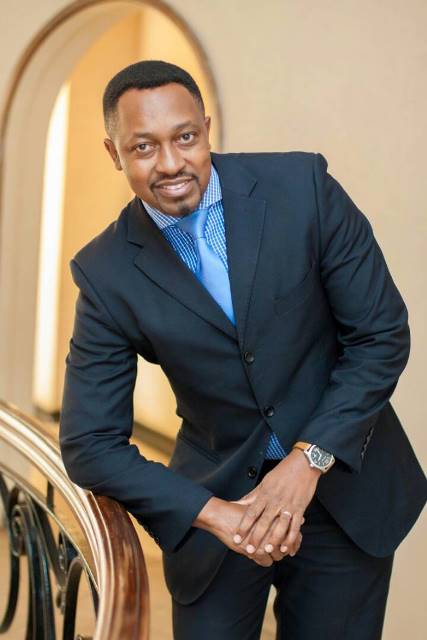An insight into how African leaders have managed democracy
By Kenneth Nkemnacho
When I reminisce on Africa and the leadership style that has manacled us for so long, I complain till I lose my voice, or moan till I get heartbroken. My love for my continent is indisputable, and my yearning for her to succeed in every endeavor unassailable. If Alan Paton was here to rewrite his great novel, ‘Cry, the Beloved Country,’ it may have probably been titled, ‘Cry, the Beloved Continent.’
I am not an alarmist, neither am I cynical in my approach to political analysis, but to everyone with the simplest imagination, the continuous regurgitation of our feel-sick style of leadership in Africa is nauseating. And what makes it far more nauseating is the presence of the fawners, lickspittles, and kowtowers who shamelessly sycophant those in positions for their self-seeking agenda. These leeches prey on the greed, ignorance or the overwhelming circumstances of most people in power, and burrow into their minds until they get well-seated in the influencing crevices of their hearts. While there, they praise them to death, hail them to hell, and tailgate them until they crash against the main essence of leadership. When they fail and get abandoned, like wild demons in a dark scary forest, they dispossess them and look for the incumbent to unleash their subtle mayhem on – all these because of their insatiable desires to satisfy self.
In the early sixties when the African Union was founded by Haile Selassie and Kwame Nkrumah, the intention was to provide purposeful leadership that will serve the people while enabling them to compete favourably with progressive nations. Today, that whole purpose has become an aberration, and yet to be fulfilled. Those that came after these great men didn’t read what was in-between the lines because they didn’t go through the journey that these great leaders went through. And those who have never been on a journey find it difficult to identify, realise, or believe that there are unseen texts written in-between the lines – these texts determine the destination of the itinerary, and until you pay close attention to these scripts, you’ll be wondering what hit you as you traverse. For the love of money, those who have been entrusted with power trample on those that gave them their mandates because they drifted – people with the love of money always drift. They are unpredictable. They settle only where the coins chuckle or chuckle most; or where the notes crisp. Most times, it’s all about the highest bidder. They are so unreliable. That is the case of most African leaders.
Democracy has been battered in Africa, or most times, even bartered. What is shameful to hear in developed and other developing continents is what we glory to share. With our attitudes, with our decision making, and with our very actions, we qualify to become top-notch stand-up comedians before the entire planet. We are mocked and considered to be the least in the pecking order of successful nations because we never implement the fantastic policies painstakingly written by the brains we have. We have the brains, but they drain; they either drain by dying piece by piece within the enclave of our continent because of lack of resources to work with, or they drain by being sapped by other nations who understand the significance of what we undervalue. Poor leadership, poor understanding, and tunnel vision eviscerate and vitiate our beloved continent. Cry, my beloved continent!
June 1960, Democratic Republic of Congo became independent from Belgium – Patrice Lumumba was the prime minister and Joseph Kasavubu was president. Just a month after independence, there was army mutiny where Moise Tshombe declared Katanga independent. September 1960, Kasavubu dismissed Lumumba, and in December same year, he was arrested. In less than one year, Lumumba was murdered. After all the topsy-turvy, Kasavubu brokered a truce with Tshombe and later appointed him as prime minister in 1964. Just a year later, Kasavubu and Tshombe were toppled by Joseph Mobutu, who in 1971 renamed Congo as Zaire, and himself as Mobutu Sese Seko – Mobutu ruled Congo until 1997 when he was ousted by Laurent-Desire Kabila. Laurent-Desire Kabila was assassinated in 2001, and ten days later, his son, Joseph Kabila Kabange took over the office and has been there till date.
Mobutu ruled Congo for thirty-two years, Joseph Kabila has been there for sixteen years, and we are still counting – only God knows when he will leave. In a democratic setting, only a few people think they have the monopoly of power to head a nation of over 77 million people – a nation full of brains, a nation full of intellectuals, and a nation full of buzzing entrepreneurs. Who made them monarchs, who made them kings, who made them royal majesties? Africa must rise up to collectively oppose ‘junta-ruination’ of our democratic and political systems.
18 April 1980, Zimbabwe, previously known as Rhodesia became independent – Robert Mugabe won the election and became the prime minister. In 1987, Mugabe changed the constitution and made himself the executive president. Mugabe, born 21 February 1924 is currently 93 years old, and still remains the president of Zimbabwe. Some people come up with arguments in his defense – his beautiful quotes are ubiquitous around the whole social media, but that doesn’t justify the fact that for thirty-seven years, he has refused to relinquish power. The children that were born when he took over power have become fathers, and some may have become grandfathers, but Mugabe is still holding on to the reins of power – anyone who opposes him meets with mayhem, even at that age. The nation is in the dire debilitating economic imbroglio, yet, the old man doesn’t bulge – Zimbabwe; a nation of innumerable talents. Zimbabwe; a nation of enviable professional human capital. Zimbabwe; a nation with bundles of versatile untapped gifts, is in the hands of one man that has refused to let go because of his insatiable retention of power. No one should tell me why he should be there, all because they think he’s got the ability to withstand western manipulations, because he isn’t the only one that can do it – there are more capable Zimbabweans, in and out of Zimbabwe, with the brains and courage to do far better than Mugabe; if they aren’t given the chance, they can’t be discovered.
According to the BBC, the chronology of Libya began in the 7th Century BC when the Phoenicians settled in Tripolitania in western Libya which was populated by Berbers, and in 6th Century BC, Carthage conquered Tripolitania. 4th Century BC saw the Greeks colonising the east part of the country which they called Libya – Libya was conquered by the Romans in 74 BC. The Arabs in AD 643 conquered Libya and spread Islam under the leadership of Amr Ibn al-As. In the 16th Century, Libya became part of the Ottoman Empire. The Italians seized Libya from the Ottomans between 1911 and 1912, and Omar al-Mukhtar began a 20-year insurgency against Italian rule. Finally, after all the upheavals, Libya became independent under King Idris al-Sanusi in 1951. King Idris was deposed by Muammar Gaddafi in 1969.Between when he took over power and 2011, Gaddafi ruled Libya, which totalled up to 42 years. How can a man who isn’t a monarch rule a nation for 42 years? It always beats my imagination when people who are victims of such draconian leaderships make excuses for such personalities. People often say that Gaddafi was a connecting dot in Africa – some say he was making a plan to make Africa another United States, but he didn’t have to be a maximum ruler to do it, and he wasn’t the only one in Africa with such a plan – there are millions of Libyans with the ability and capacity to do it. Again, there are a number of Africans who aren’t in power doing great things – people like Mo Ibrahim, people like Tony Elumelu, and much more. These are not household names, but they are unsung heroes in our beloved continent. People, in their obscure opinions, might suggest that since the death of Gaddafi, Libya has continued to be in chaos, and they blame it on the incursion of the west which upset the status quo. I beg to disagree because Libya was a time bomb ready to explode and would have still exploded no matter how minute the upset was. Internally, and in the minds of the people, they were tumultuously boiling like iron ores in a blast furnace, and they were waiting for the closest inch of opportunity to unleash the mayhem that was synthesised by the perpetration of one man in power. Libya was plunged into outer darkness and currently, almost shred into pieces by the monarchical style of Muammar Gaddafi. No man can claim God and the monopoly of wisdom to rule a people indefinitely without the application of the rule of law, and when the rule of law is tweaked to satisfy self, it is no longer law but a flaw.
Between the 15th and 17th century, the Ewe clans from Nigeria and the Ane from Ivory Coast and Ghana became part of the region already inhabited by Kwa and Voltaic peoples, while in the 18th century, the coastal area was inhabited the Danes. For the purpose of developing their plantations, the Germans established the German Protectorate of Togoland in 1884. 1914, the British and the French army seized the land, but in 1922, the League of Nations issued a mandate which apportioned the western region to Britain and the eastern region to France. In 1956, Britain granted the western region called Gold Coast and later renamed Ghana independence. Togo became independent from France in 1960, and its first president, Sylvanus Olympio elected 1961 was assassinated in 1963 – he was replaced by Nicolas Grunitzky. In 1967, Gnassingbe Eyadema seized power in a bloodless coup and ruled until 2005 when he died. His son, Faure Gnassingbe, through double manipulations, became the president of Togo and has been there till date. Since 1967, Togo has been under the tutelage of a single family who thinks that leadership is monarchical – father dies, and hands over to the son.
Where do I begin? It is one story or the other in Africa when it comes to leadership and succession. Looking into Uganda, in 1986, Yoweri Museveni was installed as president by the National Resistance Army rebels; today, after 31 years, he remains the president. Teodoro Obiang Nguema Mbasogo has been the president of Equatorial Guinea since 1979 when he ousted his uncle, Francisco Macia Nguema in a military coup. Paul Biya of Cameroon has been president since 6 November 1982, and that is for 35 years – we don’t know when it will all come to an end. Omar al-Bashir of Sudan has been there for over 23 years since 16 October 1993. Idriss Deby of Chad came to power 2 December 1990, and for over 26 years, he hasn’t left. Jose Eduardo dos Santos of Angola has been in office since September 1979 – he’s still there after 38 years. The sad story doesn’t end with the current leaders; it also affects the dead – Omar Bongo Ondimba of Gabon was in power for more than 41 years.
The number one reason most African leaders greedily hold on to power is to satisfy self. A man without sensible visionary leadership only works to please self. Mark Twain said, “You cannot depend on your eyes when your imagination is out of focus.” The imagination of African leaders is truly out of focus because rather than focus on the essence of leadership, they focus on self, and “self” does no nation any good. “Self” has led to multiples of the civil wars and intertribal clashes in the continent. There are so many armed conflicts all over Africa due to greed, and for that, the continent suffers from a lack of foreign investments and development because no investor puts money in chaos.
The fear of the world discovering how our leaders have managed our finances and how they have looted them acts as a force to perpetrate themselves in power – so, they prefer dying there to relinquishing their positions. Our leaders have stolen so much from us; they have ripped and wrecked our treasuries. If our safes are opened for all to see, you will be dumbfounded by the level of thievery that has taken place – money meant for unborn generations have been squandered – money meant to build roads, provide clean waters and electricity have been stolen and hidden in unknown locations with the help of those who front for them. Africa is in penury and is wretched, not because there isn’t money, but because the money is in the hands of a few wicked and greedy men who feel unconcerned about the plight of their suffering masses.
The conspiracy of the west in sustaining, conniving with, and propagating poor leadership in Africa cannot be overemphasised. I am not playing a blame game; it is an established and ageless fact. If it isn’t slavery, it is colonialism. If it isn’t colonialism, it is imperialism. If it isn’t imperialism, it is underground and manipulated subtlety to gang rape Africa through their stooges who are also Africans. Some of the military coups that have deposed constitutional leaderships in Africa were funded by the west and their agents. There is underground plot to continue impoverishing the continent, but unfortunately, most of our leaders have failed to realise it. If they do, they would work to develop the continent; for only in development can a people have true freedom. Nobody will give you a chance except you first give it to yourself. China was not given a chance; they gave it to themselves, and today, the world respects them. We must begin from somewhere – we must begin by putting the needs of the people at heart – we must begin with conscience and empathy by feeling the pains of over a billion people who hurt. If we don’t begin with the hearts of flesh – the heart that responds to pains and sensible to touch, we will do nothing about Africa being the worst developed continent on earth. We sell our raw materials to the west because, in spite of our massive population, we do not have real human resources because resources are all about true skills and professionalism.
I end by quoting A. Philip Randolph, and he said, “A community is democratic only when the humblest and weakest person can enjoy the highest civil, economic, and social rights that the biggest and most powerful possess.”



